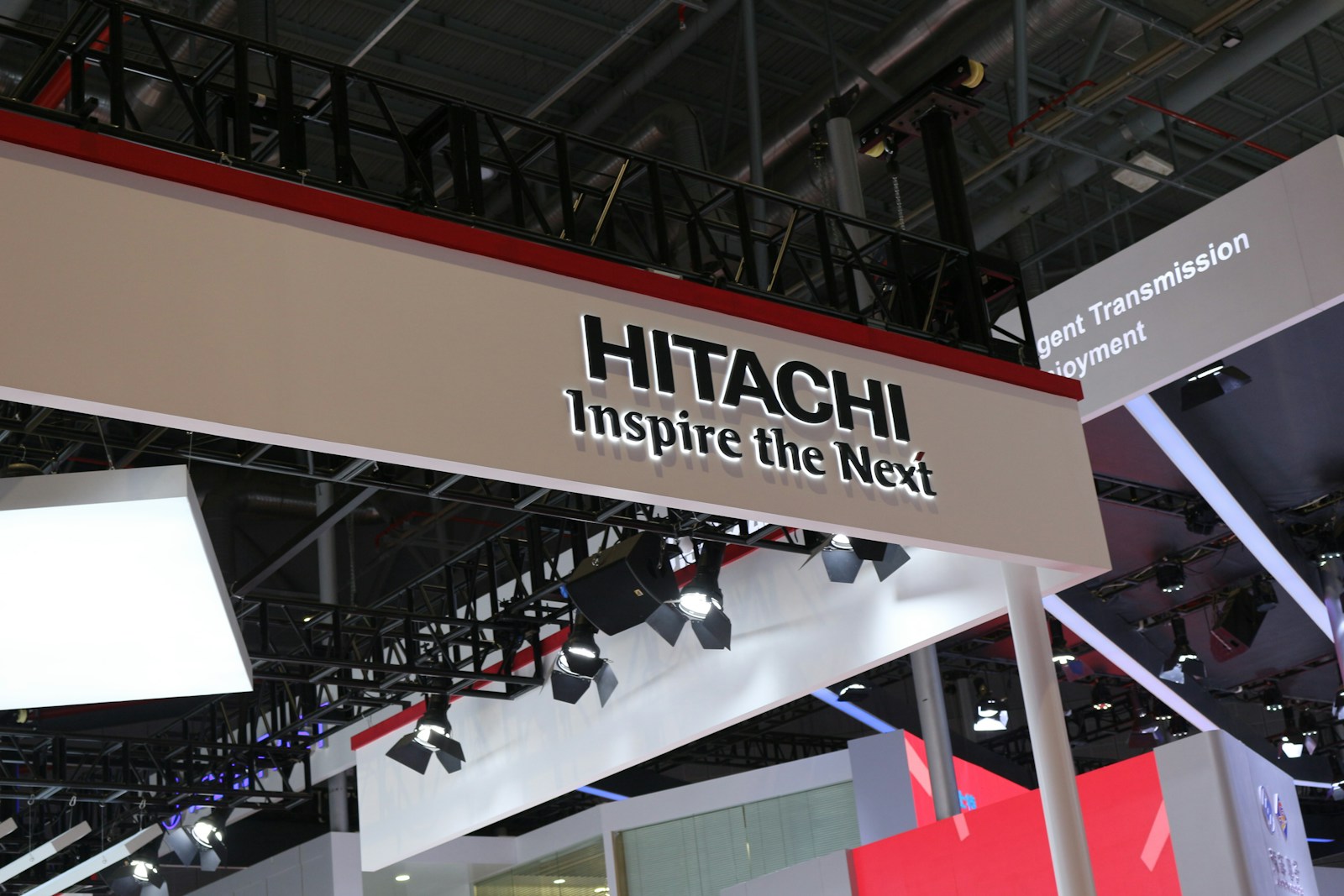South Korea is one of the newest companies to jump on the bandwagon of investing in the metaverse. In a recent announcement, the Information Technology Ministry has pledged approximately $186.7 million into developing metaverse technology. Their goals are to grow successful virtual ecosystems by educating youth experts in this industry. It’s no surprise that South Korea is looking to invest in this new technology, as reports predict that the global metaverse market will be worth $678.8 billion by 2030.
In order to tap into this growing market, the Information Technology Ministry is also looking into creating virtual worlds, allowing these metaverse platforms to help develop convergence of industry and lifestyle. The Ministry hopes to use these virtual worlds for the media and education industries. The Ministry also promises to support content creators financially, as well as host metaverse and developer events, to prime the country for this new technology. These events will also help to foster a large community within South Korea that is interested in the metaverse.
Before this announcement, the government of South Korea was already interested in the possibilities of metaverse technology. In early January the government issued a statement promising to mentor 40,000 professionals and 220 companies specializing in metaverse technology. With these new programs, the South Korean government hopes to make the country the fifth-largest market for metaverse technology by 2026. This includes creating a virtual communication ecosystem for the capital city of Seoul, making it easier for government officials to communicate.

“It is important to create a world-class metaverse ecosystem as the starting point to intensely foster a new hyper-connected industry,” the head of the communication and policy department at the Ministry, Park Yungyu stated. The government is calling their new metaverse programs the “Digital New Deal,” hoping to make South Korea a leader in this industry. However, the “Digital New Deal” may have some initial issues, as the country does not allow the selling, trading, or use of NFTs (non-fungible tokens). As much of the current metaverse uses NFTs for collectibles, commerce, and marketing, this may create larger problems for the country. With South Korea being a leader in game development (of which NFTs are a part), it is surprising the country has banned NFTs. It will be interesting to see how the country adapts its “Digital New Deal” to focus on metaverse technology without NFTs.
While South Korea works to develop its metaverse strategies, the rest of the industry is growing significantly. According to one report, hardware like desktops and VR headsets made up the majority of market shares with 42.2% and 34.9% in 2021 respectively. These two subsectors are predicted to still be the highest areas for revenue in the next ten years. While North America dominates the market with the largest current market share, the Asia Pacific region is predicted to grow significantly in the new few years. Countries like India, China, and South Korea are already working hard to capitalize on this growth, developing partnerships and investing millions from companies and the government to make this a reality.
The Asian Pacific region has already generated much interest, as in late 2021, Tencent announced a partnership with The Asian Institute of Digital Finance to work on educating and supporting research and development for the Asian Pacific’s financial technology sectors. Other partnerships are happening within China, showing that there is a lot of potential within this geographic region of the world to develop the next level of the metaverse.
For more market insights, check out our latest Digital Twin news here.












